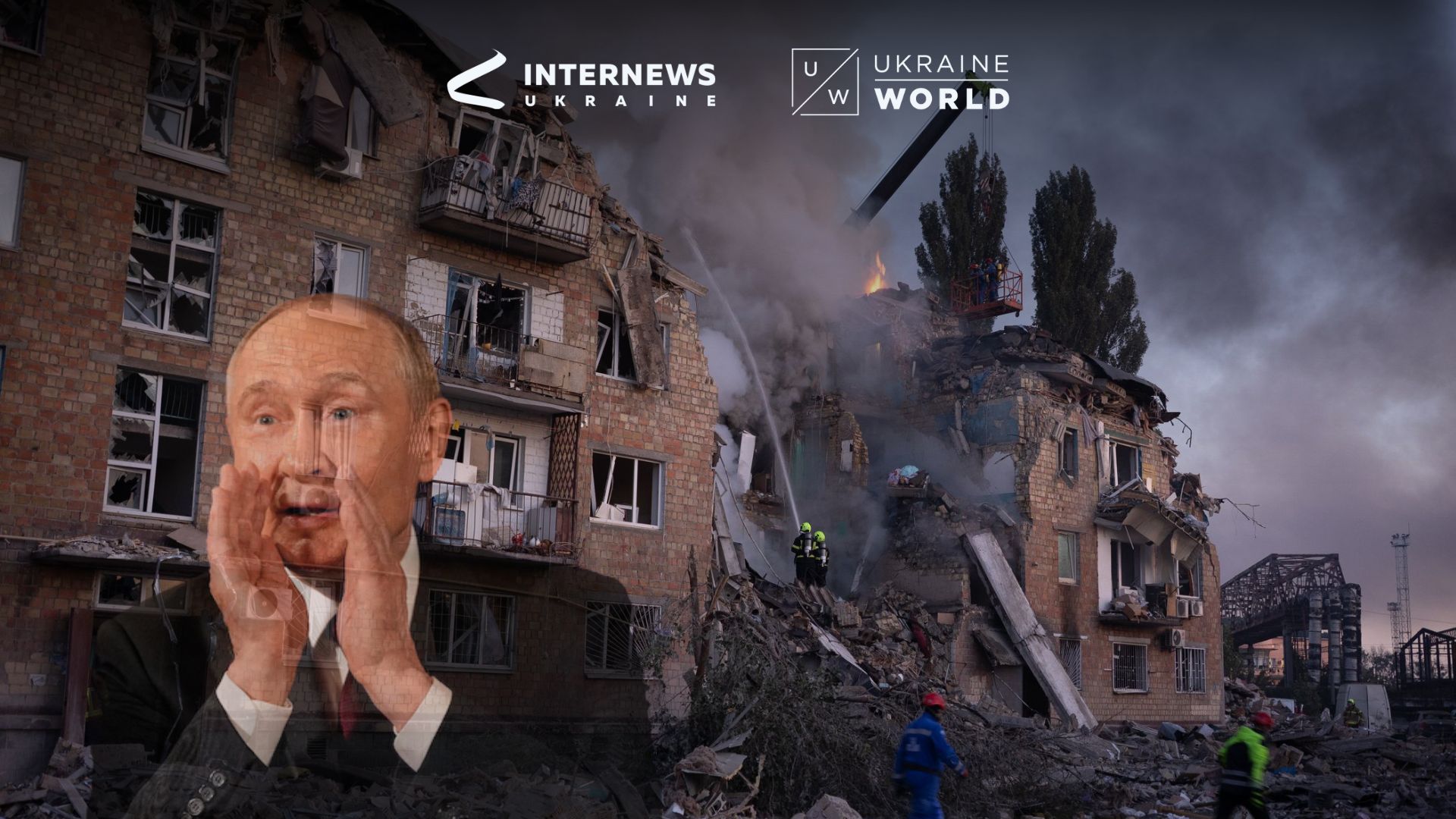Talks of peace continue, but Russia's war rages on.
While Putin speaks of peace and attends summits, on the ground, Russia escalates the war and continues attacks on civilians.
Here, we analyse the gap between words and actions and why it matters to look beyond the promises.
Alaska summit: an illusion of negotiations
- The summit between Donald Trump and Vladimir Putin in Anchorage on August 15 ended without any concrete decisions or ceasefire agreements.
- Putin remained "unyielding," making no concessions or commitments to halt the fighting.
- The summit's main effect was political: it offered the Kremlin symbolic legitimacy on the international stage and a way to show its electorate some form of "achievement."
Reality after Alaska: escalation instead of preparing for peace
- On August 28, 2025, Kyiv endured one of the most massive attacks of the war, as Russia launched missiles and drones at civilian neighbourhoods, hospitals, schools, and diplomatic offices, including the EU mission and the British Council. Over 225 buildings were destroyed or damaged.
At least 25 people, including 4 children, were killed.
- At the same time, across Ukraine's frontlines, heavy fighting continues in the south and east, with massive assaults causing significant casualties and new hotspots emerging.
- Vital gas and electricity infrastructure is also under attack. On August 26-27, 2025, Russian drone strikes left over 100,000 people without electricity across six regions of Ukraine. These attacks are part of a broader Russian strategy to disrupt Ukraine's energy system ahead of the winter heating season.
Rejection of security guarantees
European countries proposed security measures, including air defence systems, defence funding and even the presence of NATO instructors or contingents.
The Kremlin categorically dismissed these ideas. Russian officials labelled NATO as the "cause of the conflict", made clear that NATO membership for Ukraine is unacceptable, insisting on Ukraine's neutral, non-aligned status and described security guarantees as "unacceptable." (Reuters)
This rejection once more highlights the Kremlin's double standards: while Finland and Sweden, both non-members in 2022, joined NATO in 2023 and 2024, Moscow tolerated this real expansion of the Alliance, still it continues to deny Ukraine even the prospect of security guarantees.
Negotiations are just another cover.
Russia still pursues its imperial ambitions: the Kremlin continues to seek control over all of Ukraine. Its readiness for "talks" is nothing more than a tactic to ease sanctions, buy time and divide allies.
This is another reminder: the aggressor should be judged not by its statements but by its actions. Every strike, every rejection of genuine peace guarantees, shows that Russian "peace" actually means the ongoing war.
Support the UkraineWorld team.
UkraineWorld_Editorial

